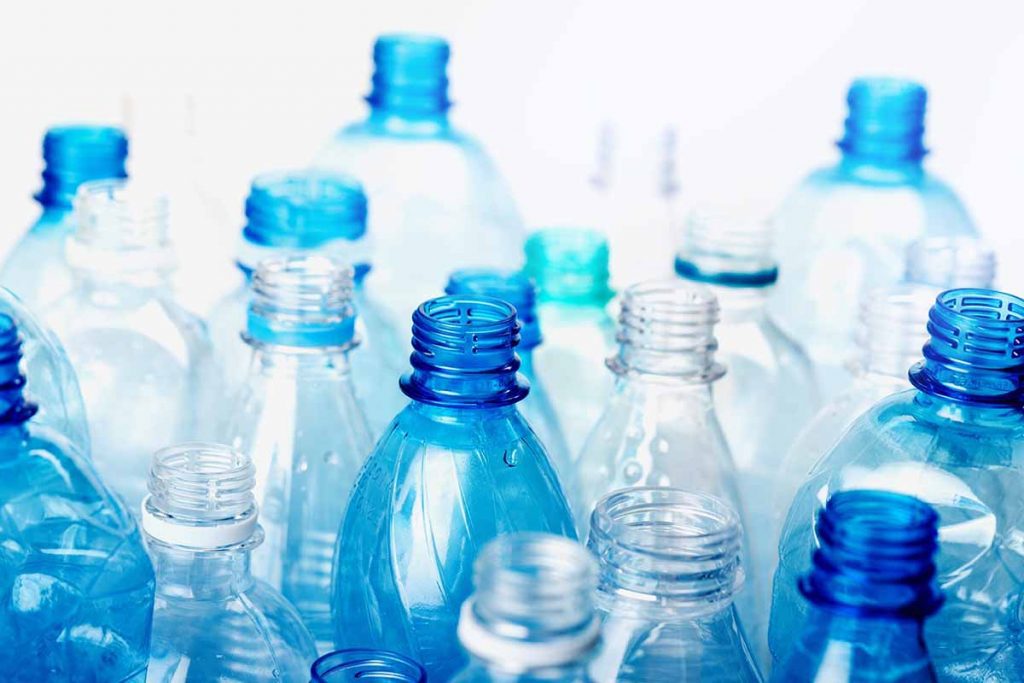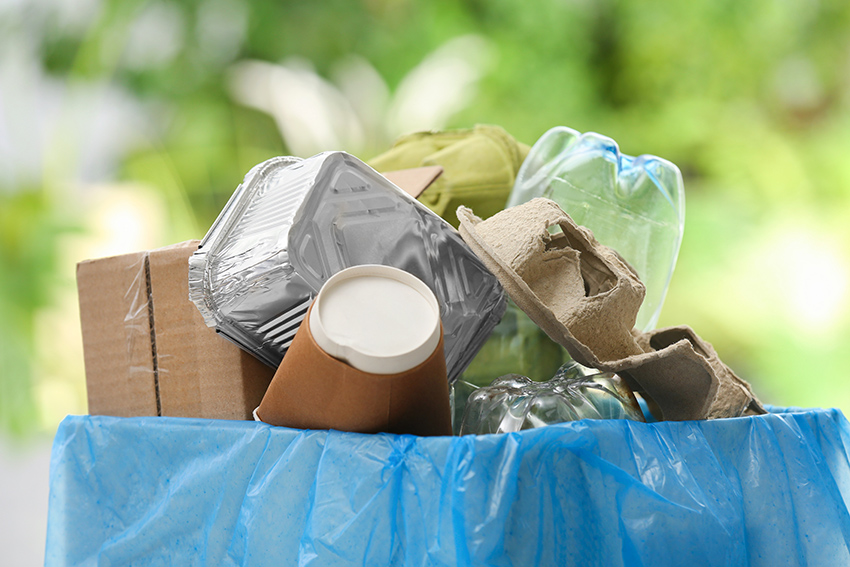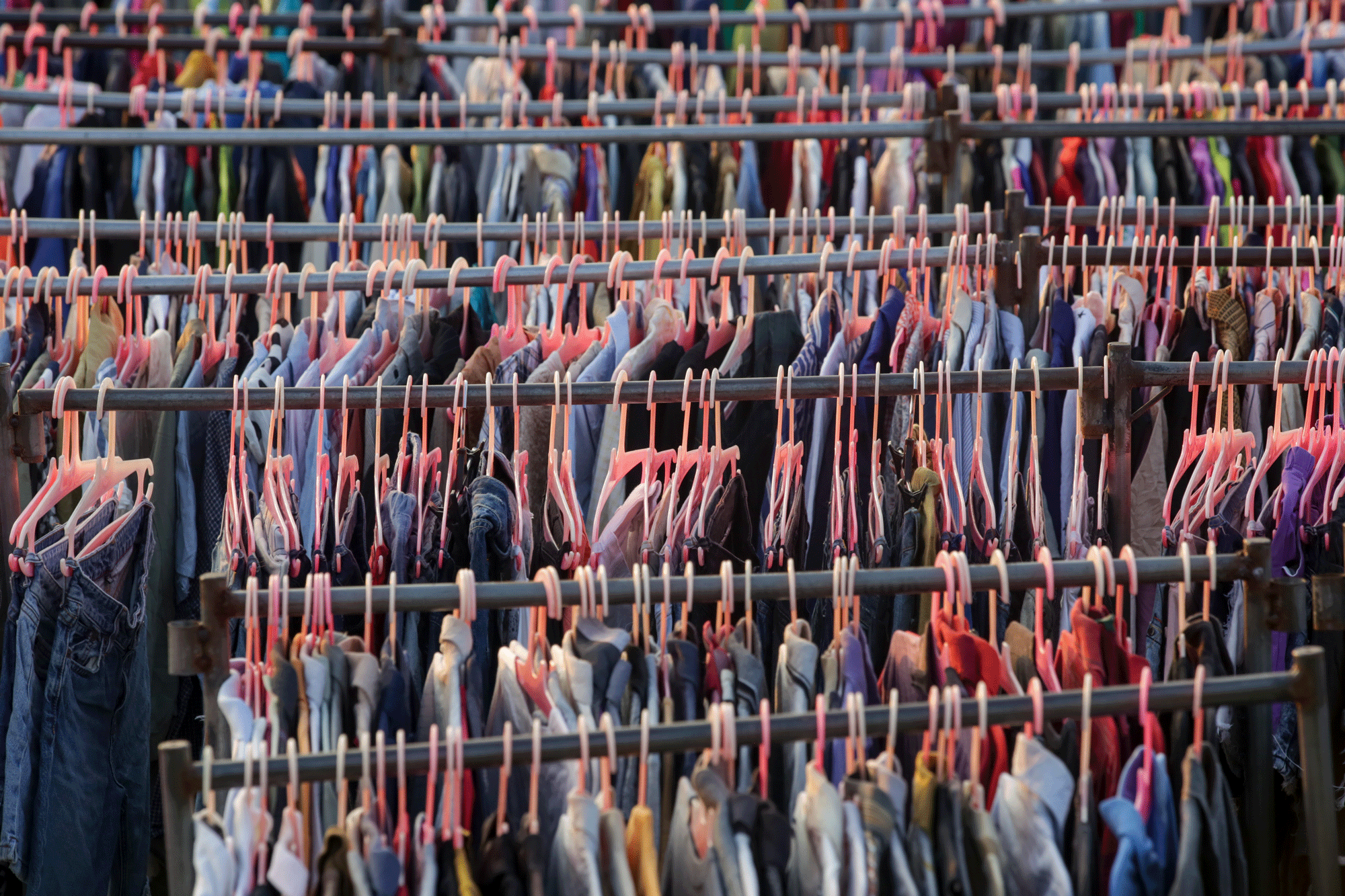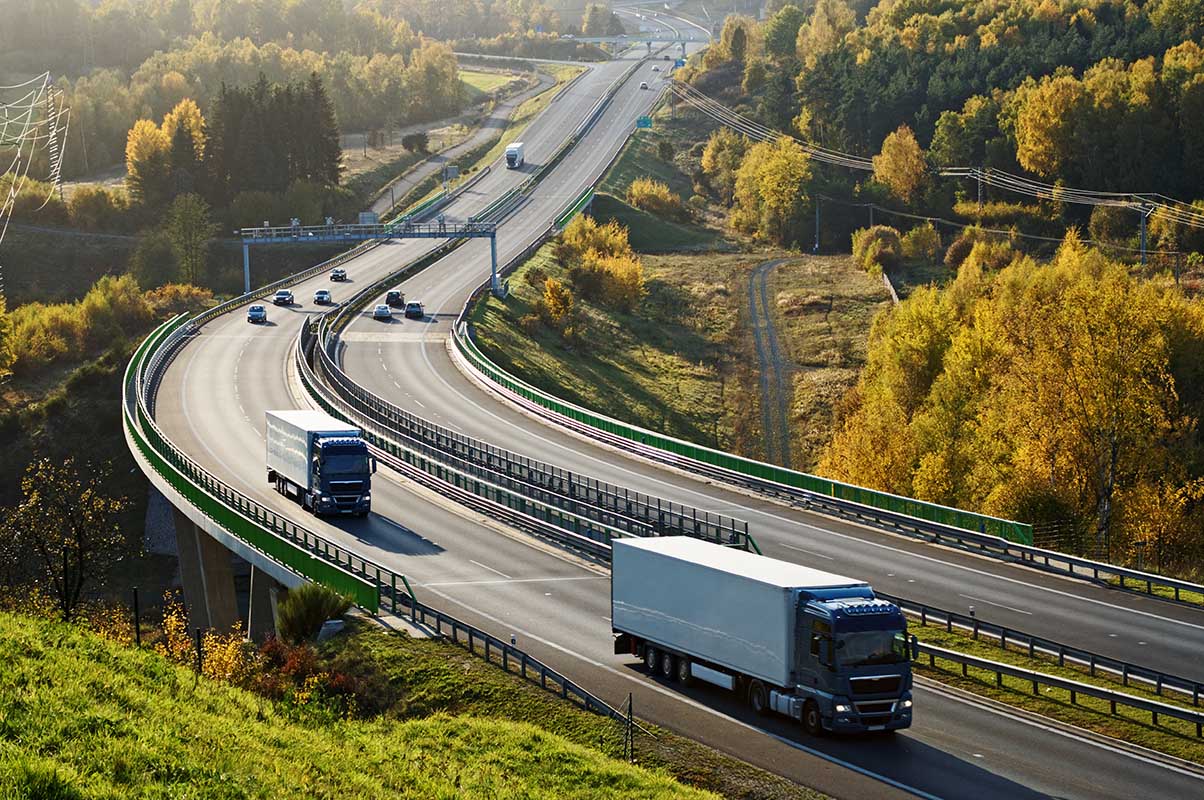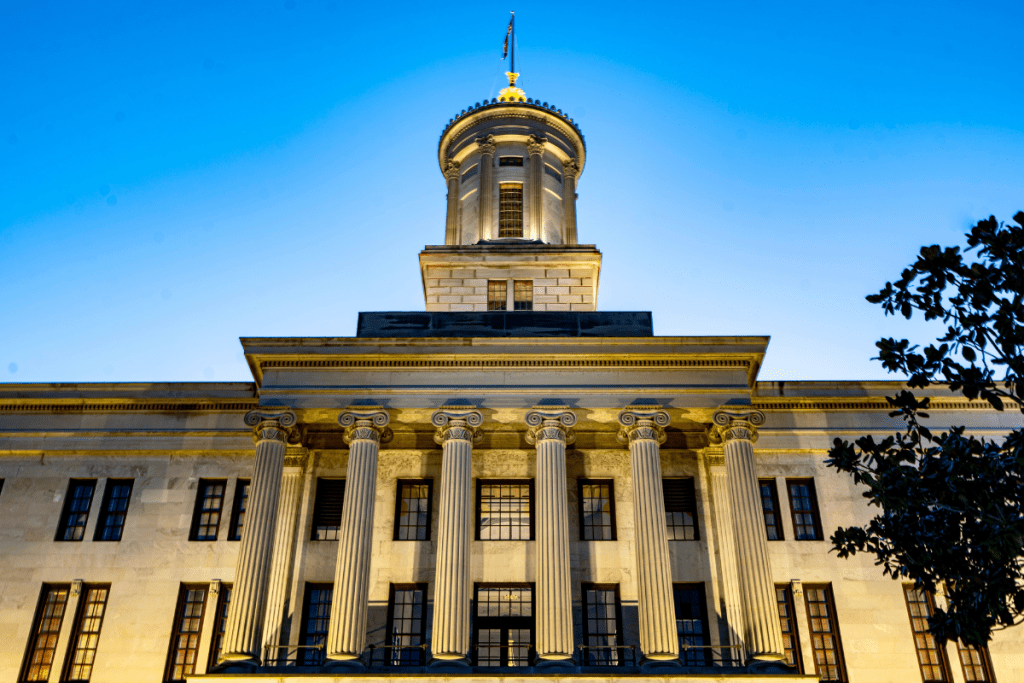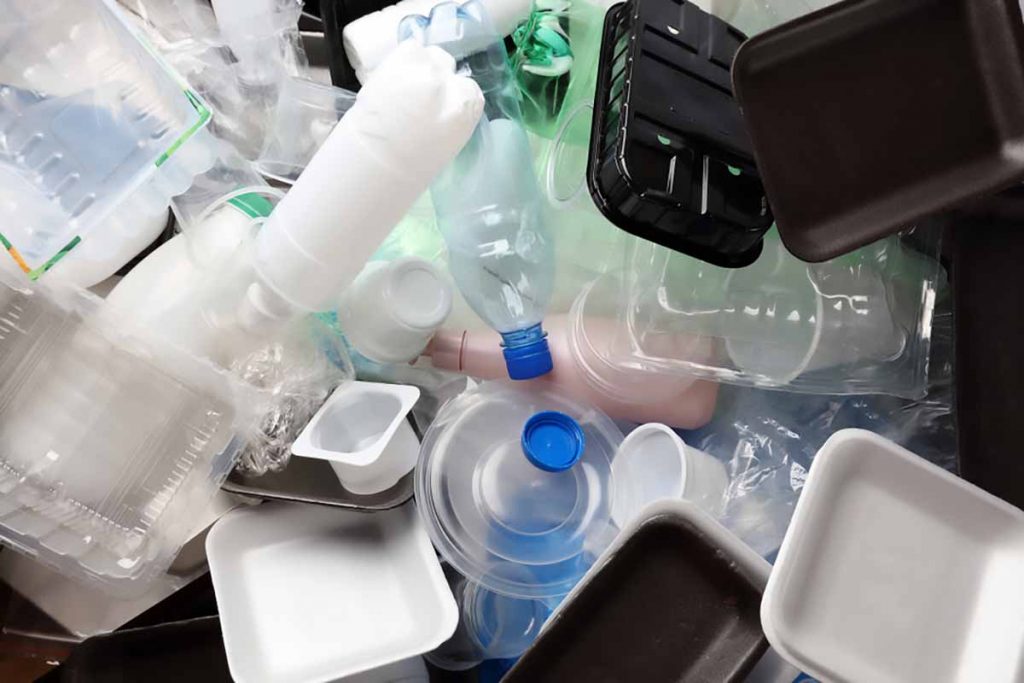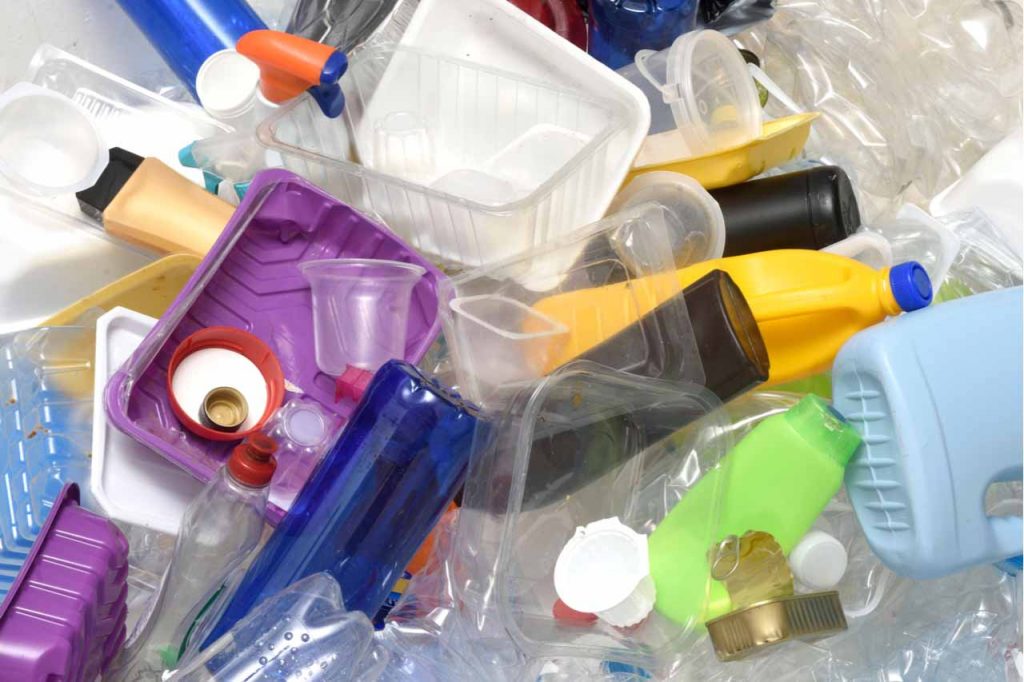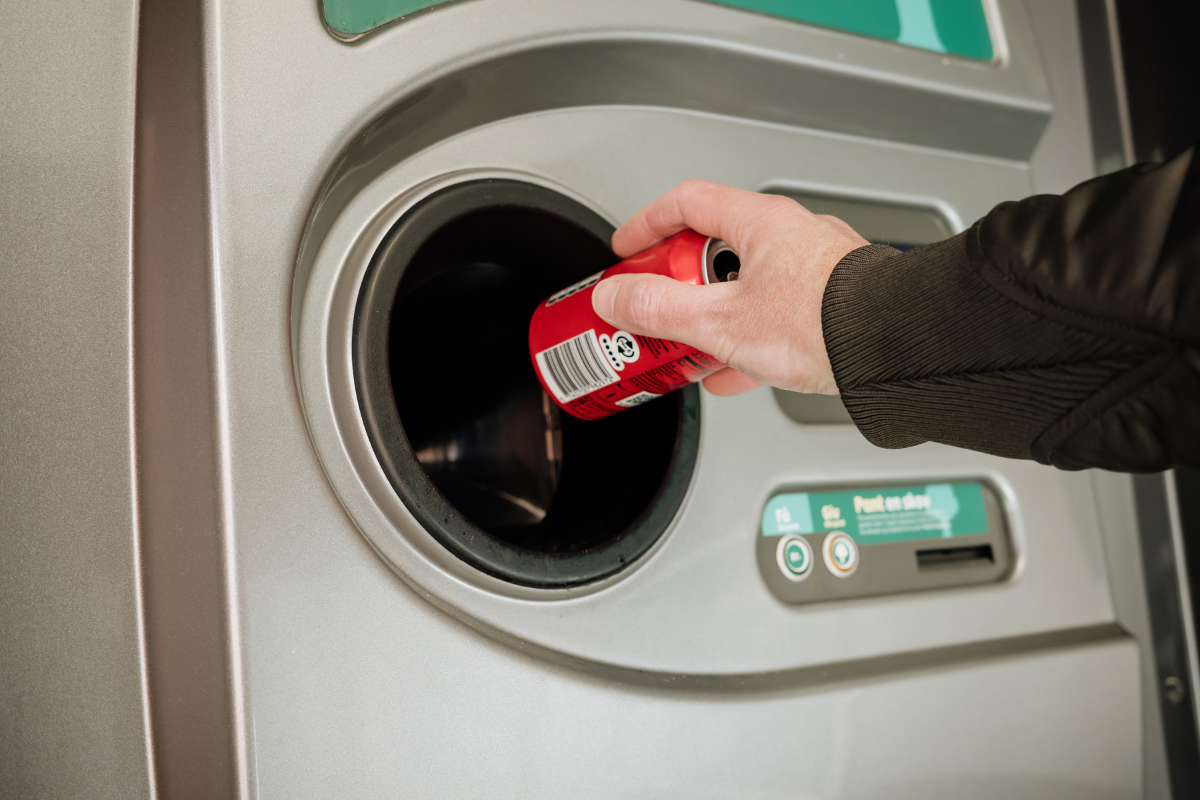
A report from the Container Recycling Institute explored deposit return systems at various levels, aluminum can design and markets and material loss over the recycling process. | Mikkel H. Petersen/Shutterstock
A national deposit return system would raise the U.S. UBC recycling rate to 85%, an analysis from the Container Recycling Institute found. Continue Reading


 Marissa Heffernan worked at Resource Recycling from January 2022 through June 2025, first as staff reporter and then as associate editor. Marissa Heffernan started working for Resource Recycling in January 2022 after spending several years as a reporter at a daily newspaper in Southwest Washington. After developing a special focus on recycling policy, they were also the editor of the monthly newsletter Policy Now.
Marissa Heffernan worked at Resource Recycling from January 2022 through June 2025, first as staff reporter and then as associate editor. Marissa Heffernan started working for Resource Recycling in January 2022 after spending several years as a reporter at a daily newspaper in Southwest Washington. After developing a special focus on recycling policy, they were also the editor of the monthly newsletter Policy Now.
